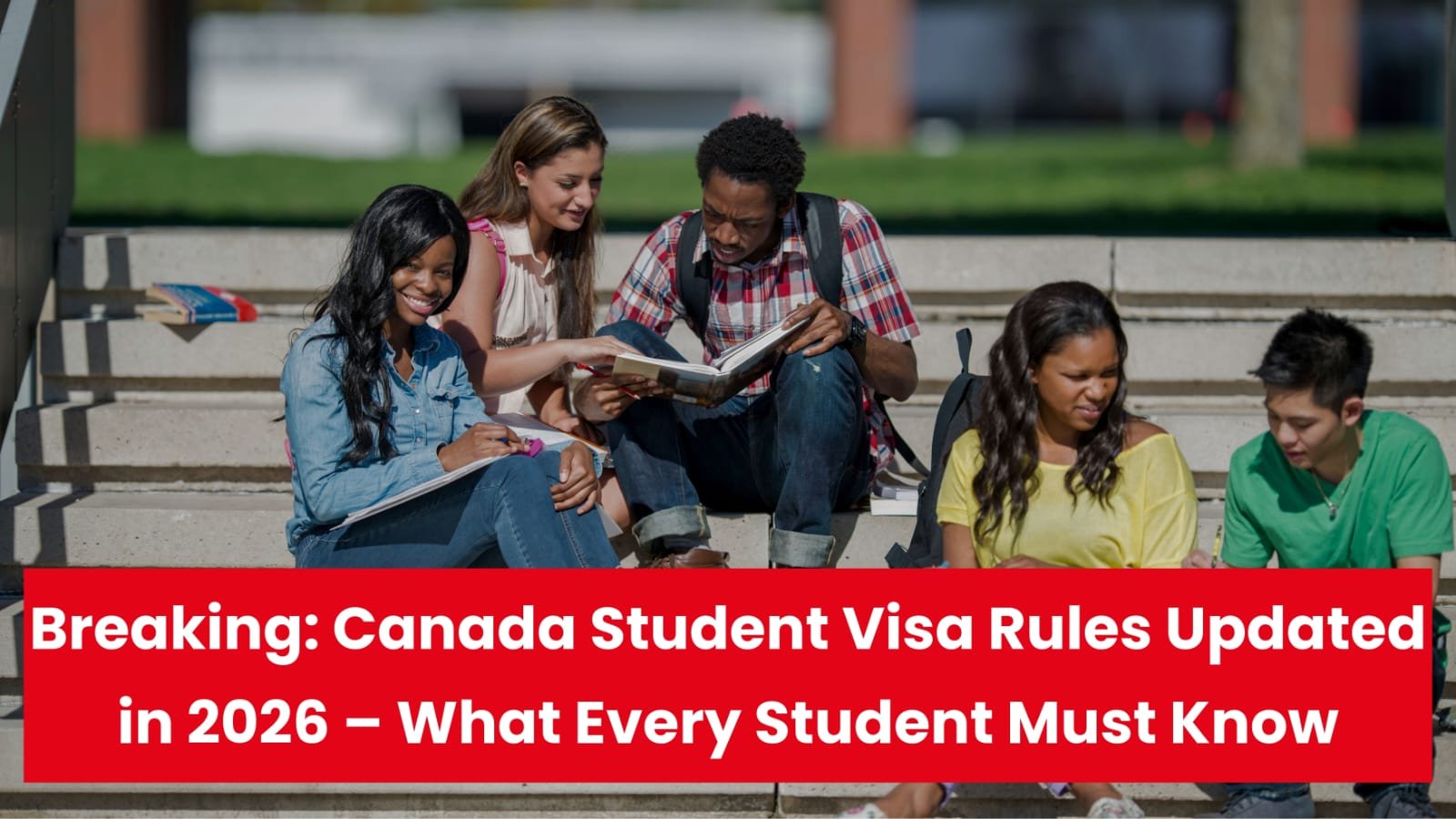On December 1, 2023, Immigration, Refugees and Citizenship Canada (IRCC) implemented a new verification procedure for Letters of Acceptance (LOAs).
Among other modifications to its foreign student program, IRCC announced the launch of its LOA verification system. These adjustments are meant to enhance overall program integrity and safeguard international students studying in Canada.
All Canadian designated learning institutions (DLIs) are required under the new verification system to manually verify each Letter of Authority (LOA) they receive from IRCC via the department’s web portal within ten calendar days.
Note: International students were previously obliged to provide LOAs as supporting documentation when applying for a student visa in Canada.
The IRCC hopes to safeguard foreign students in a number of ways with this verification method, one of which is to ensure that they are not squandering time, money, or other resources in their pursuit of a study visa in Canada. The system will return the foreign student applicant’s student visa application and cancel it:
- If a DLI fails to validate their LOA within IRCC’s 10-calendar-day timeframe
- If an LOA processed by this system is assessed as invalid/fake
Has IRCC’s system been successful?
In the first four months of its implementation, between December 1, 2023, and April 1, 2024, the IRCC’s LOA verification system has, according to data released by the organization in a news release on April 29, “identified almost 9,000 LOAs that [either did not] match any [letter] issued by a DLI or that the DLI had already canceled before the foreign national applied for a study permit.”
Stated differently, thousands of overseas students have presumably already been shielded by the IRCC’s new approach from possibly squandering time and money by pursuing a study visa based on an erroneous LOA.
On the plus side, the IRCC reports that in just four months, about 142,000 LOAs have been successfully processed as genuine using this LOA mechanism. According to IRCC, they were “verified as valid directly with [DLIs across Canada].”
Note: IRCC says it has received nearly 162,000 total LOAs for verification in this timeframe.
Although there is no data or projections available for how the department expects its LOA verification system to perform in the future, IRCC says that this new procedure has thus far “been a success.”
Other ways to stay safe as an international student
Although the IRCC has so far regarded its LOA verification mechanism successful, there are other ways overseas students may safeguard themselves and avoid falling victim to fraud.
Be aware of bad actors
Due in large part to their determination to study in Canada, international students are frequently the focus of dishonest bad actors in the immigration field.
These players could promise overseas student candidates quicker application processing and success assurances.
Many of these actors are just interested in stealing money from kids and their families, even if they claim to be acting in the best interests of the students.
For further information on how to protect yourself as an international student, see this page. For information on what to look out for when hiring an immigration representative, click this link.
Make sure your LOA has all the information the IRCC has advised.
Foreign students are advised to check their LOAs as an excellent approach to ensure that they are authentic and genuine, even if DLIs are not required to contain all suggested information.
For example, there may be a higher likelihood that an LOA is fraudulent if it is lacking an important detail, such as the school’s DLI number.
For overseas students hoping to eventually pursue a study permit in Canada, this is a decent beginning step, even though the IRCC’s LOA verification mechanism exists to establish whether a letter is legitimate.
Other ways Canada is protecting international students
Other steps that IRCC is taking, or has taken recently, towards this goal, include:
- Restricting the quantity of foreign study permits to be granted in the upcoming two years.
- Raising the foreign students’ cost of living requirement.
- Modifying its well-liked Post-Graduation Work Permit (PGWP) program in a number of ways*
- Modifying the requirements for obtaining an Open Work Permit (OWP).
- Creating and Putting into Practice a Framework for Trusted Institutions.
*Master’s degree holders are now qualified for a three-year permit, however, some students are no longer eligible for a PGWP.





